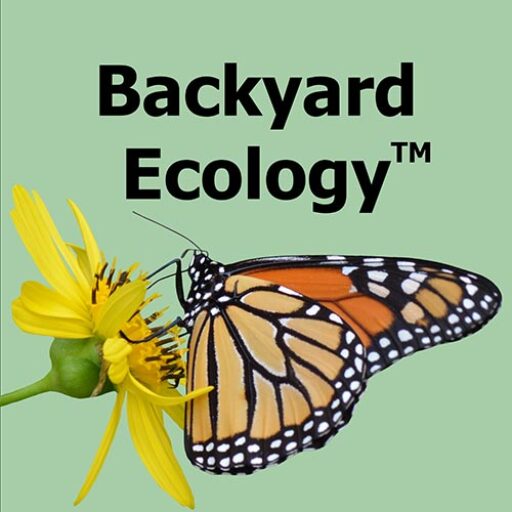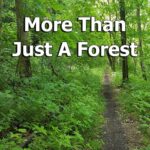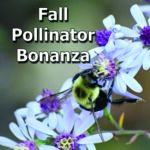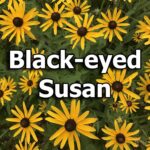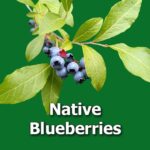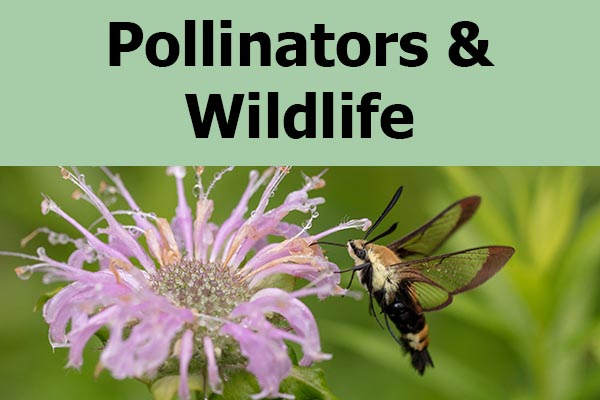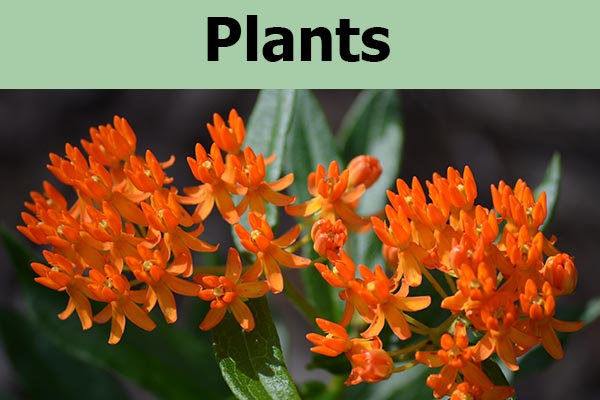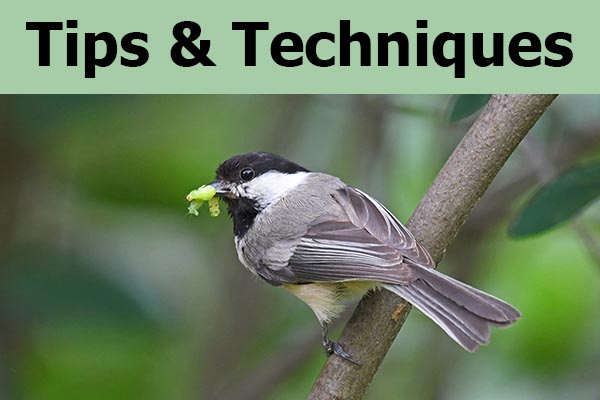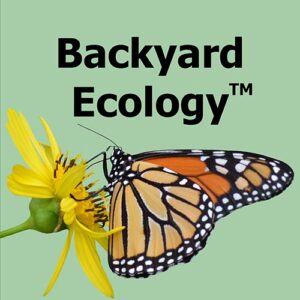
What do you want to read next?

Learn more about…
Recent Articles
- More than just a forest: Our surprisingly diverse eastern ecosystems
- Winter hummingbirds: Caring for these rare and exciting backyard guests
- Short’s aster: A beautiful late season extravaganza for pollinators
- Black-eyed Susan: A favorite nectar source for butterflies
- Native Plants that Attract Hummingbirds to the Eastern U.S. Garden
- 9 Native Blueberries You Can Grow in the Home Landscape
💖 Wall of Love for the Backyard Ecology™ blog 💖
This was so helpful and clearly explained. Love the analogy of car repairs, losing a job, etc. and a GoFundMe. Very relatable!
I’ve been raising monarchs for several years and am doing a public program this fall at the forest where I work. I’ve been looking for a way to distill this confusing info down for the layperson. Thank you!
~ Ginny
What does the endangered species ruling for the monarch butterfly really mean?
Such an affirming and understanding article about leaves. Love the advice to mow a curving path in front to show you are “caring” for your property. No one wants to be judged harshly, as you point out.
~ Midge
Very good information and tips! Changing the feed more often was a good nudge for me, and Tip # 9 was one I never thought about. I will leave one feeder out for any late migrators from now on. Thank you Shannon!
~ Linda
10 Tips for Feeding Hummingbirds: Hummingbird Feeder Safety and Beyond
Excellent article articulating both sides of the issue! Thanks!
~ Guido LaMoto
I noticed a tree last year that I didn’t recognize. Figured, I would identify it one day.
After reading your article on the black gum, I think you have identified it for me. Glad to know it’s a good tree for wildlife.
Thank you again.
~ Darrell
Black gum: A wonderful wildlife tree that also works well in landscaped settings
Thanks so much for this article. My neighbor who has a wildflower meadow was just discussing this with me the other day, so I forwarded it to him! Very helpful.
~ Barbara
About your host…
Shannon Trimboli is a life-long nature lover who has a Masters degree in Ecology and a Bachelors degree in wildlife biology. She is passionate about sharing her love of nature and inspiring others to take action in their own yards and communities.
Shannon and her husband, Anthony, are actively managing their property to attract pollinators and wildlife. So, they understand all the excitement, challenges, frustrations, and celebrations that come with trying to create a functioning ecosystem on your property because they’re experiencing the same things.

Thank you!
These amazing individuals go above and beyond every month to provide financial support which helps us create so much free content for everyone to enjoy and learn from.
Julie Krygier, Lizabeth, Russel Furnari, Crystal Robinson, Karen Veleta, Kevin B, Crystal Dyamonds, Mitchell Bell, Sue Ann Barnes, Adrienne Richardson, Ariel, Cara Flinn, Cathy, Michael, Tom Winner, Eric Fleming, Julie, SB H, Craig, Rachel Antonucci, Melissa Egbertson, Switzy, Vilma Fabre, Pia O Nomata, Patrick Dwyer, Paul Gourley, John Master, William Morin, Debra, Ayn Zitzman, Debra Moore, Han Mad, Isaac Kowis, Cathy Anderson, Betsy Lessels, Reid, Dave Teare, I’m Trying for Good, Jeff, Richard, and Chris Peterman.
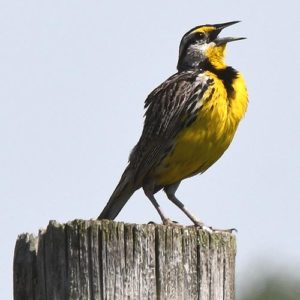
Want in-depth help?
Would you like to receive personalized guidance and coaching as you create your own thriving backyard ecosystems?
Join us in the Backyard Ecology™ Community where you’ll get customized advice that is specific to you and your unique situation.
Backyard Ecology™’s Guiding Principles:
🦋 Curiosity: Nature is fun, interesting, and worth exploring. We will never know everything. Answers lead to more questions. That’s half the fun.
🦋 Balanced: You don’t have to choose. You can support nature AND have a beautiful property that you can enjoy and be proud of.
🦋 Science informed: Habitat creation and management should be based on the latest scientific research available. This is true regardless of whether you’re working in a small garden or on hundreds of acres.
🦋 Stewardship: Anyone can make a positive difference in the natural world and leave an ecological legacy on their property.
